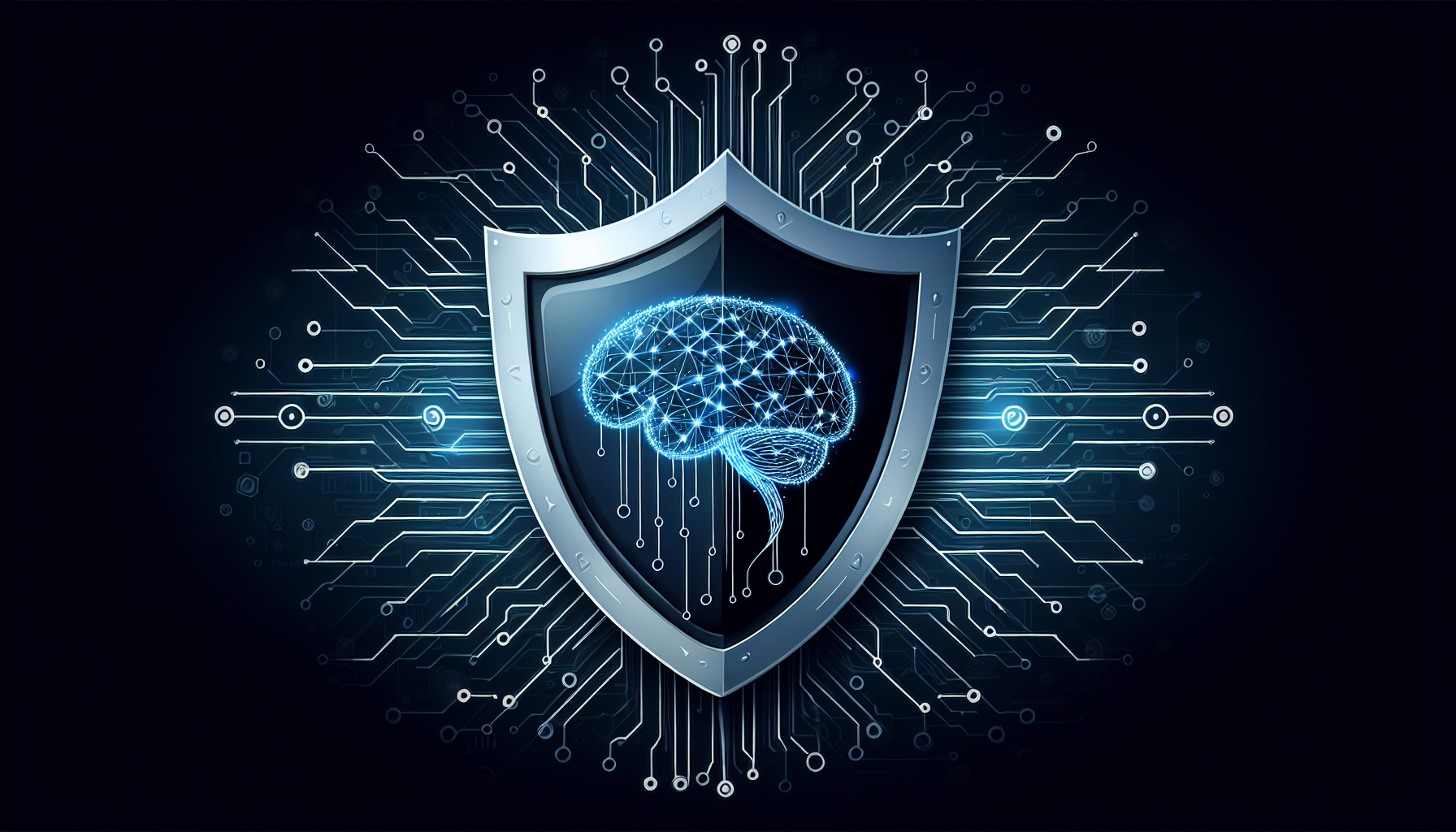The Role of Artificial Intelligence in Cyber Defense: Enhancing Security Through Intelligent Agents
Enhancing Threat Detection with AI
Artificial Intelligence (AI) has become an indispensable tool in the cybersecurity landscape. One of its primary roles is in enhancing threat detection. Unlike traditional security measures that rely heavily on predefined rules and signatures, AI leverages Intelligent Agents to recognize complex patterns and anomalies within data. These agents can process vast amounts of data, learning from each piece of information to detect vulnerabilities, identify irregular login patterns, and recognize new types of malware that traditional methods might miss.
Intelligent Agents and Vulnerability Detection
Intelligent Agents are designed to optimize the probability of achieving specific security objectives. They observe, learn, and make decisions that bolster cybersecurity measures. For instance, when scanning source code, these agents can identify security bugs more accurately, reducing the number of false positives and enabling engineers to address vulnerabilities before deploying applications in production environments. This proactive approach is vital for maintaining robust security postures in highly regulated industries.
Autonomous Response and Mitigation
AI doesn’t just stop at detection; it plays a crucial role in the autonomous response and mitigation of cyber threats. By analyzing data in real-time, AI systems can provide actionable recommendations and even take automated actions to neutralize threats. This capability is particularly beneficial for small businesses and government agencies that might not have the resources for a large, dedicated cybersecurity team.
Speed and Efficiency in Incident Response
The speed at which AI can operate is a game-changer in the realm of incident response. Traditional security measures often struggle to keep up with the rapid pace of modern cyber attacks, especially those enhanced by dark AI. AI-driven tools can detect and respond to threats at machine speed, ensuring that malicious activities are halted before they can cause significant damage. This efficiency is crucial for compliance with regulatory requirements and for minimizing potential risks.
AI and Compliance in Highly Regulated Industries
For enterprises and government agencies operating in highly regulated industries, compliance is a top priority. AI can assist in maintaining compliance by continuously monitoring systems for any deviations from established security policies and standards. This ongoing vigilance helps ensure that organizations meet regulatory requirements and avoid costly penalties.
Supporting Regulatory Audits
AI tools can also support regulatory audits by providing comprehensive reports and logs of security activities. These tools can automatically generate documentation that demonstrates compliance with industry standards, making the audit process smoother and less resource-intensive. This is particularly beneficial for organizations that must adhere to stringent regulations, such as those in the financial or healthcare sectors.
The Role of AI in Managed Security Services
Managed security services, such as those offered by Cybermack, are significantly enhanced by the integration of AI. These services provide continuous monitoring, threat detection, and incident response, all powered by advanced AI algorithms. This ensures that clients receive the highest level of protection without having to invest heavily in in-house security infrastructure.
Penetration Testing and Security Assessments
AI can also be utilized in penetration testing and security assessments. By simulating attack scenarios, AI-driven tools can help identify weaknesses in an organization’s defenses. This allows businesses to address potential vulnerabilities before they can be exploited by attackers. Furthermore, AI can assist in system hardening by providing insights into the most effective security configurations.
Conclusion
In conclusion, the role of AI in cyber defense is multifaceted and indispensable. From enhancing threat detection to automating incident response and ensuring compliance, AI-powered Intelligent Agents are revolutionizing the way organizations approach cybersecurity. By leveraging the advanced capabilities of AI, businesses, enterprises, and government agencies can significantly reduce their risk exposure and maintain robust security postures in an increasingly complex cyber landscape.







